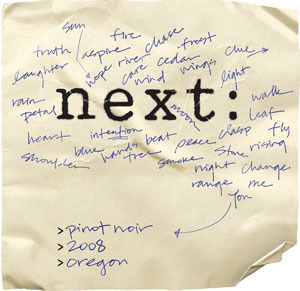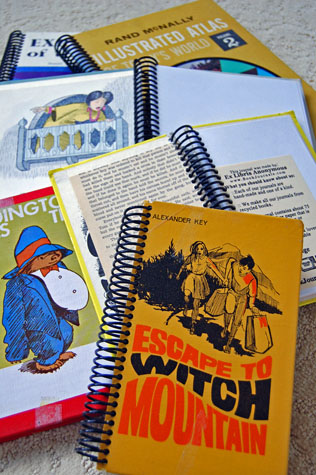I was "Mrs. Nicholson" today as a volunteer teaching assistant for a summer school group. Made buddies with a little boy who looked and acted like Edmund from The Chronicles of Narnia, a little girl who picked a dandelion for me (and insisted on sitting next to me!), and a helper who painstakingly sorted my cards after calling each word in a rhyming bingo game."
Several years ago "Mrs. Nicholson" was Haylee Travis, a timid teen in a writing group at Seashore Family Literacy, where I am a volunteer mentor. I love seeing these young people grow up, out and into the world — and then give back.
In the online world last week, there was a great deal of discussion about making poetry more inclusive. Collin Kelley, January O'Neil and others opened a lively discussion, asking: How do we set a larger place at the poetry table for those working outside the academy? How do we take the insular and make it open? Some are weary of 'established' poets repeatedly invited to speak and present. There is a call for a greater breadth of representation.
The blog talk opened many doors. I'm pondering these questions when I hear about Haylee's teaching experience. I'm thinking of the little girl who picked a dandelion for her, and my heart warms because there are so many little girls (and boys) needing a Haylee in their lives.
And I'm thinking of another student, Hallie, who spent a few weeks as my summer camp assistant. The kids all wanted to read with Hallie, to sit by Hallie, to soak up the love she was willing to give. Now, back at college, she has started a writing group, patterned in part, she says, on "what we did with the kids."
And I'm thinking of Fred, my very favorite volunteer. At Seashore, he does everything, from reading and writing with kids, to dishing up meals, and tutoring adults.
This isn't a plug for Seashore Family Literacy. Volunteers are at every turn, and every age, and you don't need an organization to give your time, effort or love. You don't need to go overseas, go broke, or go Zen. Opportunity is everywhere — next door, down the street, around the corner.
The question buzzing on the blogs has been, "How do we make room at the table . . .?"
But I think a more pressing question is: What are you bringing to the table?
If we want more representation, more inclusion, and a more vibrant writing community then we must be willing to give time and effort to create what we desire. What are you giving to strengthen your community, and enhance your life and the lives of others?
Six years ago I moved from Denver, Colorado to a small town on the Oregon Coast. I left friends, family and numerous writing opportunities. When I arrived in my new town (pop. 650) I was hungry for writing companions. Not finding any writing groups, I created my own. I offered monthly writing sessions in my home, serving soup and writing prompts. I didn't wait to be invited; I made my own party.
After a time, our group — a mix of never-to-very published — wanted to share our work with a larger audience. Again, there was no local reading series. And again, I didn't wait to be invited; I made my own party. Off the Page, an annual poetry & prose event, is now in its fifth year and has broadened to include writers from all over Oregon.
I share these examples, not to toot my own horn but to urge others to make their way. Seven years ago I was the shy writer in the back of the room. I didn't raise my hand or my voice. I waited to be invited and included (a painful flashback to high school, in which I was never asked to prom). I took the lack of invitations as a lack of acceptance. But at some point, you gotta step up, out and into the world. You have to get in and give.
And when you do, you just might find a young girl eager to offer dandelion love.




















